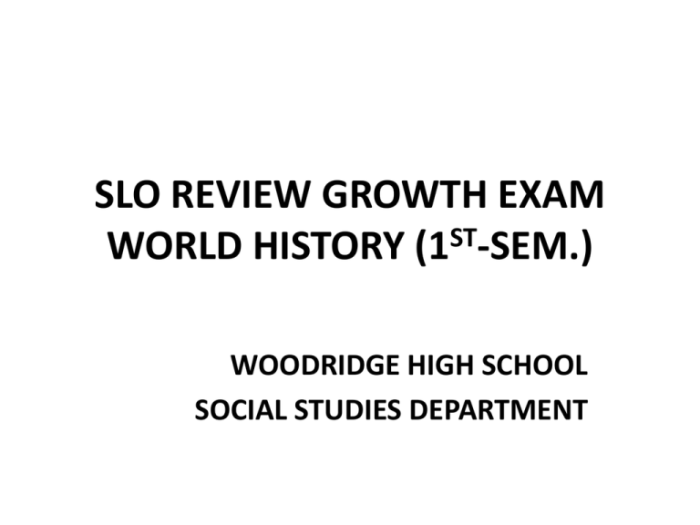Enlightenment writers often faced censorship because they challenged established norms and pushed the boundaries of intellectual thought. During the Enlightenment era, censorship was a prevalent tool used to suppress dissenting voices and maintain societal control. This essay explores the historical context of censorship during the Enlightenment, the reasons why Enlightenment writers were targeted, the methods of censorship employed, and the impact of censorship on Enlightenment thought.
Enlightenment Writers Faced Censorship
During the Enlightenment era, censorship was a common tool used by governments and religious authorities to suppress ideas that challenged traditional beliefs and the established order. Enlightenment writers, who promoted reason, individualism, and scientific inquiry, often faced censorship for their controversial views.
Censorship took various forms, including book bans, suppression of newspapers and journals, and imprisonment or exile of writers. Governments feared that Enlightenment ideas could incite social unrest and undermine their authority, while religious authorities saw them as a threat to their doctrines.
Examples of Censored Writers and Works
- Voltaire: His satirical writings criticizing the French monarchy and the Catholic Church led to his imprisonment and exile.
- Jean-Jacques Rousseau: His works on social contract theory and education were banned in France and other European countries.
- Denis Diderot: As editor of the Encyclopedia, Diderot faced censorship for including articles that challenged traditional religious and political beliefs.
Methods of Censorship

Censors employed various methods to suppress Enlightenment ideas:
Book Bans
Governments and religious authorities banned books that contained controversial or subversive ideas. This was a common method of censorship, as books were seen as a powerful means of spreading ideas.
Suppression of Newspapers and Journals
Newspapers and journals were often censored to prevent the dissemination of Enlightenment ideas. Governments and religious authorities controlled printing presses and could suppress publications that violated censorship laws.
Imprisonment or Exile, Enlightenment writers often faced censorship because they
In extreme cases, writers who refused to conform to censorship laws were imprisoned or exiled. This was a severe form of censorship that aimed to silence dissent and intimidate other writers.
Impact of Censorship on Enlightenment Thought

Censorship had a profound impact on Enlightenment thought:
Shaped Ideas and Writings
Censorship forced Enlightenment writers to be cautious in expressing their ideas. They often used allegory, satire, and other indirect methods to convey their messages.
Contributed to Spread of Ideas
Paradoxically, censorship could also contribute to the spread of Enlightenment ideas. Banned books and suppressed writings became objects of curiosity and were often circulated clandestinely.
Fostered Intellectual Resistance
Censorship fostered intellectual resistance and encouraged Enlightenment writers to challenge authority and advocate for freedom of expression.
Legacy of Censorship

The legacy of censorship on Enlightenment thought is still felt today:
Influence on Freedom of Expression
The Enlightenment’s struggle against censorship laid the foundation for modern concepts of freedom of expression and the right to dissent.
Modern-Day Censorship
While censorship has evolved over time, it continues to exist in various forms, both overt and covert. Governments and other entities still suppress ideas that challenge their authority or threaten their interests.
FAQ Corner: Enlightenment Writers Often Faced Censorship Because They
Why were Enlightenment writers targeted for censorship?
Enlightenment writers were targeted for censorship because their ideas challenged traditional beliefs and the established social order. They advocated for reason, individual rights, and religious tolerance, which threatened the authority of the church and the state.
What methods were used to censor Enlightenment writers?
Methods used to censor Enlightenment writers included banning and burning books, suppressing newspapers and journals, and imprisoning or exiling authors.
How did censorship impact Enlightenment thought?
Censorship had a significant impact on Enlightenment thought. It forced writers to adopt indirect and allegorical methods of expression, leading to the development of new literary forms such as satire and the novel. However, censorship also contributed to the spread of Enlightenment ideas by creating a sense of urgency and stimulating intellectual curiosity.